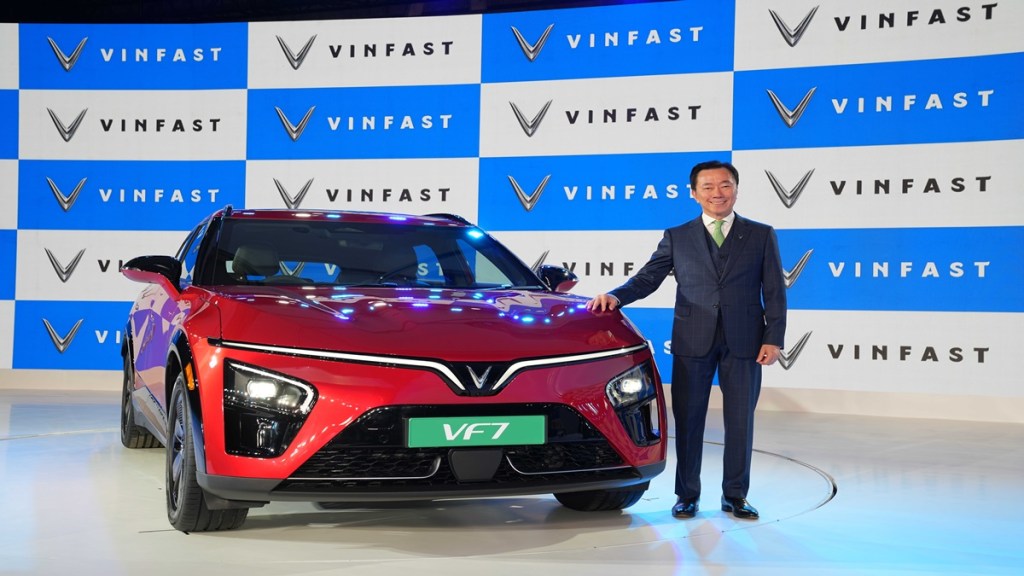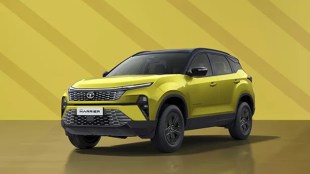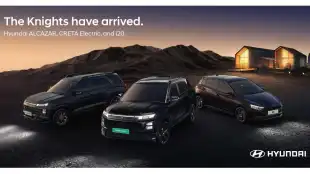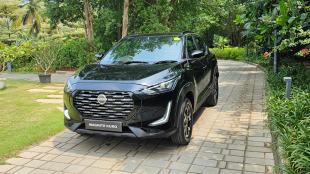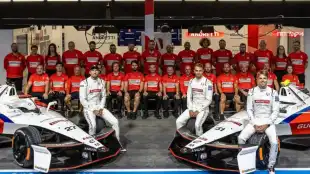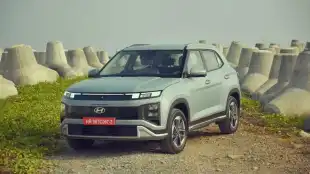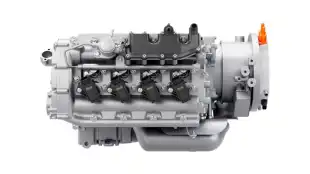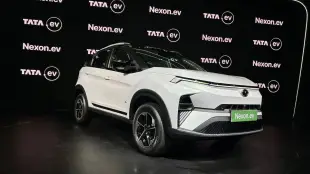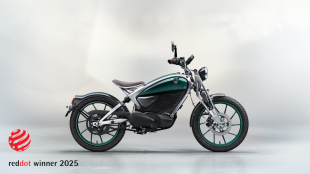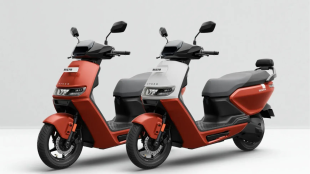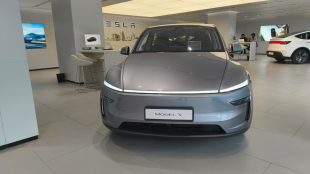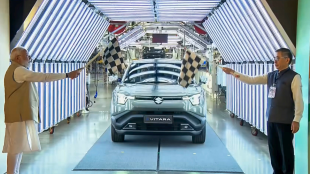Vietnamese EV giant VinFast made its official entry to the Indian market, on Saturday, with the launch of the VF 6 and VF 7. The VF 6 has a 59.6-kWh battery with an Automotive Research Association of India (ARAI)-certified range of up to 468 km, and is priced from Rs 16.49 lakh to Rs 18.29 lakh, ex-showroom.
The VF 7 has two battery pack options (59.6 kWh and 70.8 kWh), with a driving range of 438 km of the smaller battery and 532 km of the bigger battery, and it is priced Rs 20.89 lakh and Rs 25.49 lakh respectively.
These two models compete against Mahindra’s BE 6 and XEV 9e, Kia Carens Clavis EV, Hyundai Creta Electric, Tata’s Curvv EV and Harrier EV, and MG Windsor.
Dealer Network and Customer Benefits
Pham Sanh Chau, VinFast CEO Asia, told FE that the carmaker is rapidly expanding its presence with planned 35-dealer touchpoints and 26 workshops across 27 cities by the end of CY2025. “These include metro cities and emerging EV hubs such as New Delhi, Mumbai, Bengaluru, Pune, Hyderabad, Jaipur, Kochi, and Lucknow,” he said.
“To make the ownership experience even better, all buyers will get free charging at our proprietary charging grid, VGreens, until the end of July 2028; the VF 6 comes with a 7-year or 200,000-km warranty, and the VF 7 comes with a 10-year or 200,000-km warranty; all buyers will get three years of complimentary maintenance; and for the VF 7, a free curtain for the panoramic glass roof is being offered as a launch benefit,” said Chau.
He added that VinFast has partnered with leading banks and financial institutions to offer tailored solutions, and has collaborated with RoadGrid, myTVS, and Global Assure to set up a nationwide network for charging and after-sales services. “We have also joined hands with BatX Energies for battery recycling and to create a circular battery value chain,” Chau said.
While both these cars are currently produced from completely knocked down (CKD) kits at the manufacturing facility in Thoothukudi, Tamil Nadu, Chau said that very soon these will be fully made in India. “We are talking to local suppliers, and very soon these cars, and our future models, are expected to be made in India,” he said. While he didn’t share sales targets, he said that the plant can produce 50,000 cars per year, but it’s being rapidly expanded to produce 150,000 cars per annum.
“The plant also aligns perfectly with India’s vision of becoming a global manufacturing and export hub, and its strategic location near a major port positions it ideally for serving both domestic demand and export markets,” Chau added, hinting that VinFast cars will be exported from India in the near future.
An automotive expert told FE that VinFast reported a Q2 net loss of $812 million globally, primarily due to increased spending on global expansion and marketing, and therefore it is counting heavily on success in India, and that’s why it has launched these cars at such competitive prices.
Beyond Cars
Chau said that the aim is to first build the ecosystem around cars, and then expand it to include the entire Vingroup – one of the world’s largest conglomerates, focusing on technology, industry, real estate development, retail, and services from healthcare to hospitality.
“We will launch electric buses and electric two-wheelers, build a huge charging network of more than 15,000 stations, dealerships, and so on,” he said.
“In the long run, our aim is to enter every area where the Vingroup is present, from hospitality and smart cities to robotics and big data, and from AI and cybersecurity to even green energy. We are currently in talks with various state governments to build a smart city”.
